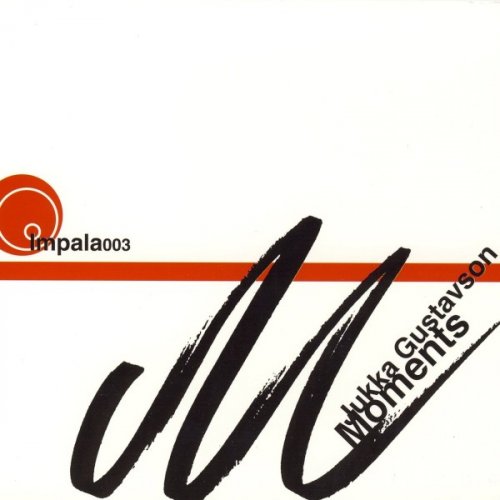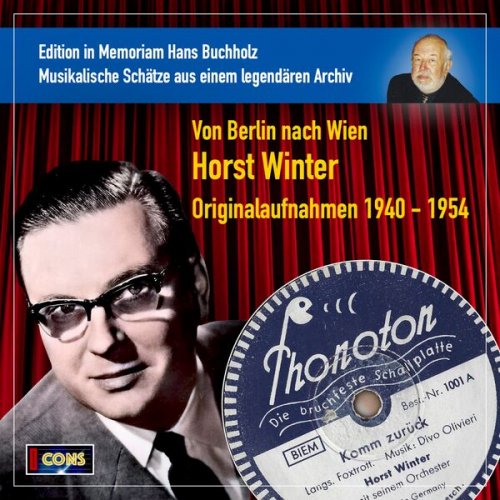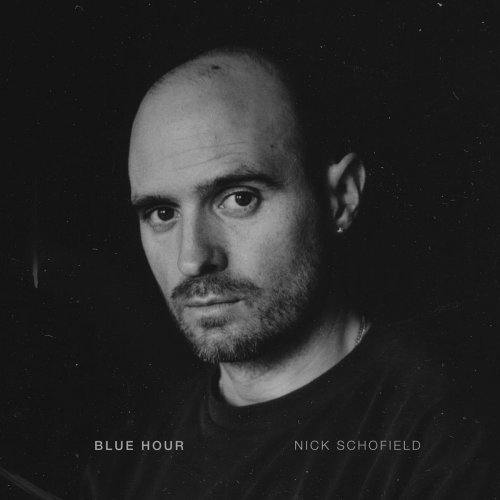Sviatoslav Richter - Beethoven: Piano Sonatas Nos 7, 12 & 23 "Appassionata" (2011)
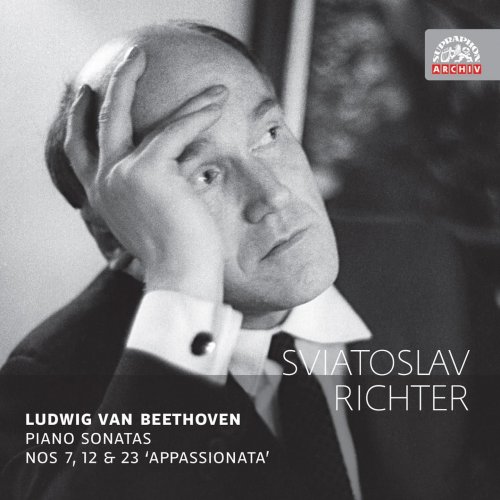
Artist: Sviatoslav Richter
Title: Beethoven: Piano Sonatas Nos 7, 12 & 23 "Appassionata"
Year Of Release: 2011
Label: Supraphon
Genre: Classical
Quality: FLAC (tracks)
Total Time: 01:04:49
Total Size: 145 Mb
WebSite: Album Preview
Tracklist: Title: Beethoven: Piano Sonatas Nos 7, 12 & 23 "Appassionata"
Year Of Release: 2011
Label: Supraphon
Genre: Classical
Quality: FLAC (tracks)
Total Time: 01:04:49
Total Size: 145 Mb
WebSite: Album Preview
1. Piano Sonata No. 7 in D major, Op. 10/3: 1. Presto
2. Piano Sonata No. 7 in D major, Op. 10/3: 2. Largo E Mesto
3. Piano Sonata No. 7 in D major, Op. 10/3: 3. Menuetto. Allegro
4. Piano Sonata No. 7 in D major, Op. 10/3: 4. Rondo. Allegro
5. Piano Sonata No. 12 in A flat major ('Funeral March'), Op. 26: 1. Andante con variazioni
6. Piano Sonata No. 12 in A flat major ('Funeral March'), Op. 26: 2. Scherzo. Allegro molto
7. Piano Sonata No. 12 in A flat major ('Funeral March'), Op. 26: 3. Marcia Funebre Sulla Morte D'Un Eroe. Andante maestoso
8. Piano Sonata No. 12 in A flat major ('Funeral March'), Op. 26: 4. Allegro
9. Piano Sonata No. 23 in F minor ('Appassionata'), Op. 57: 1. Allegro assai
10. Piano Sonata No. 23 in F minor ('Appassionata'), Op. 57: 2. Andante con moto
11. Piano Sonata No. 23 in F minor ('Appassionata'), Op. 57: 3. Allegro, ma non troppo
Performers:
Sviatoslav Richter, piano
Beethoven performed lightly and rapidly, with passion and premeditation, simply peerless thats Sviatoslav Richter. The Russian Masters archive series brings another gem from Sviatoslav Richters abundant Prague legacy. The recording of the three Beethoven sonatas was made at the Rudolfinum on 1 November 1959 within a single evening. One year later, Richter included these sonatas in his celebrated debut recitals at Carnegie Hall. Owing to his legendary aversion to frequently performed works, during his lifetime he would only play fewer than half of Beethovens sonatas on a concert stage. However, Richter did not hesitate to resurrect even the scarcely performed works and was able to breathe new life into the early sonatas, such as Op. 10 No. 3 and Op. 26, in which lovely classicist passages mingle with astonishing invention and energy. Richters take on the Appassionata is a milestone in the history of interpretational art. He plays the exposed passages at a seemingly hazardously rapid tempo, without keeping anything in reserve. The performance is passionate in a ravishing manner, yet not lacking in premeditation and a sense of structure. Nothing here is just for the sake of effect. Perhaps it would be apt to paraphrase one of Beethovens statements: There are many great pianists, but only one Sviatoslav Richter.
DOWNLOAD FROM ISRA.CLOUD
Sviatoslav Richter Beethoven Piano Sonatas Nos 7 12 & 23 11 1604.rar - 145.3 MB
Sviatoslav Richter Beethoven Piano Sonatas Nos 7 12 & 23 11 1604.rar - 145.3 MB

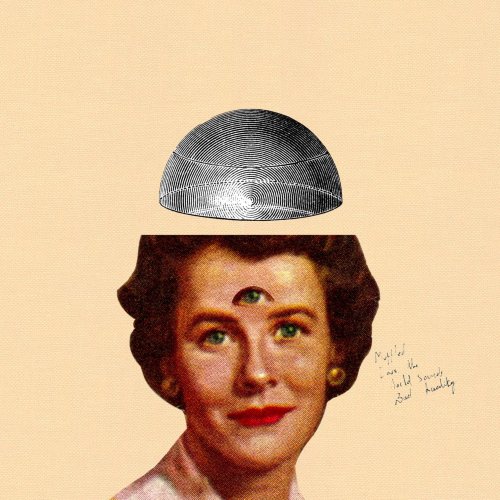
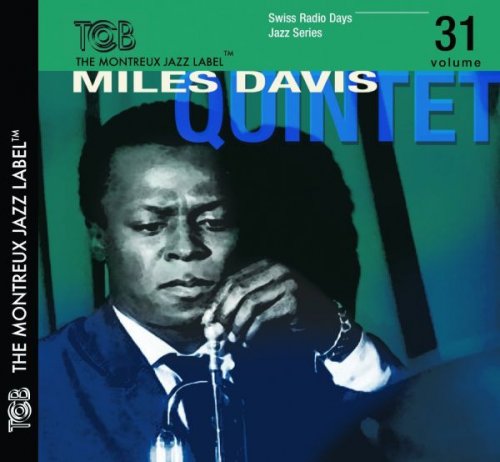
![Miles Davis - Kind Of Blue (1959) [2022 DSD256] Miles Davis - Kind Of Blue (1959) [2022 DSD256]](https://www.dibpic.com/uploads/posts/2026-02/1770649861_front.jpg)
![Maj Kavšek - MINOR FLAW (2026) [Hi-Res] Maj Kavšek - MINOR FLAW (2026) [Hi-Res]](https://img.israbox.com/img/2026-02/09/8u50qjzftilnmaq7cws2iy3sg.jpg)
